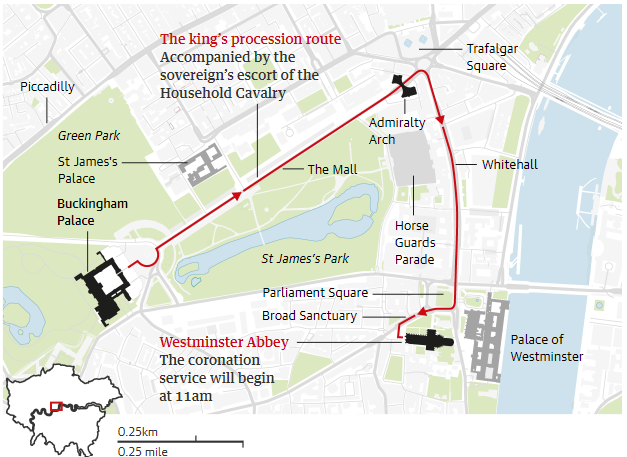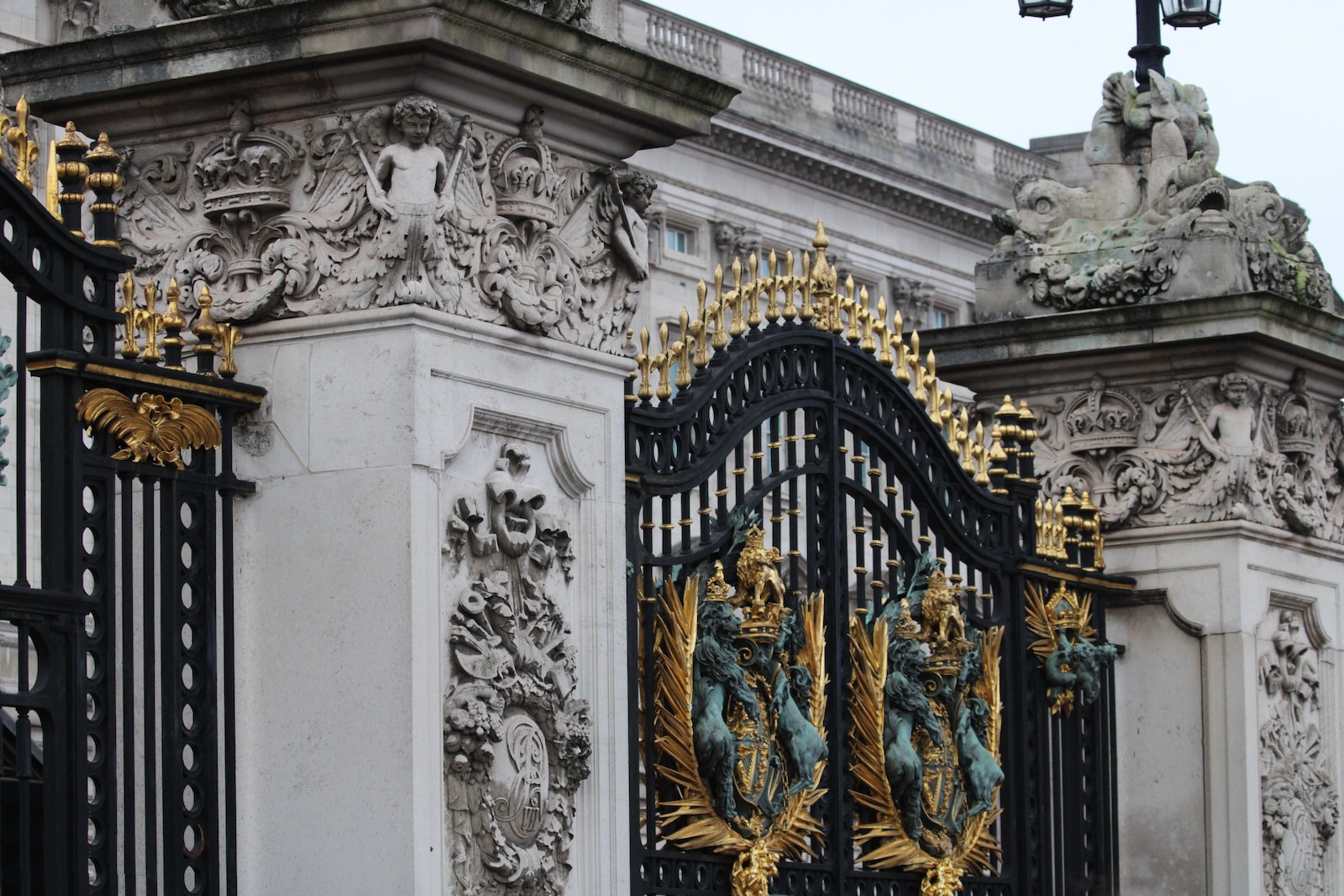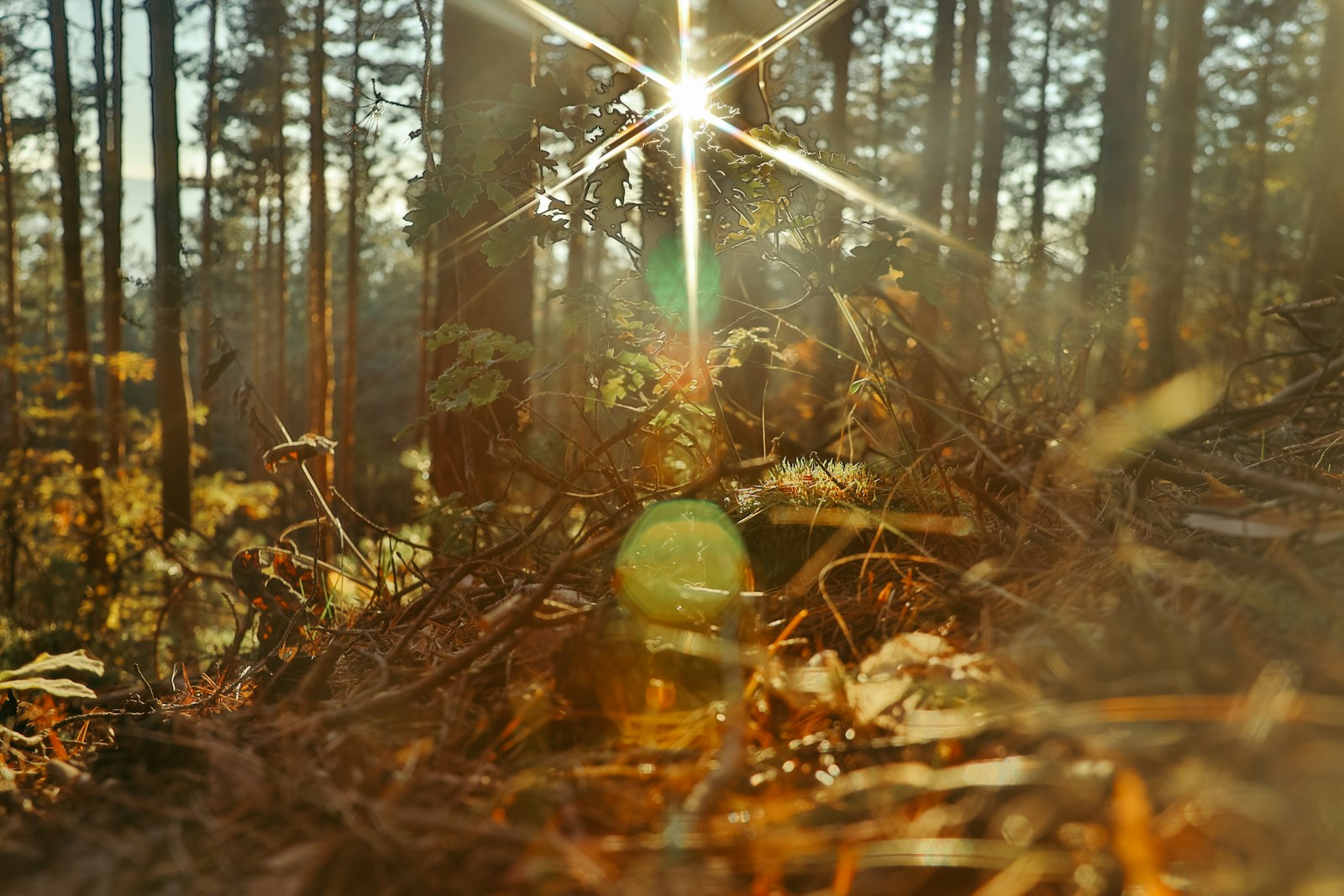Table of Contents
ToggleKing Charles III: A Champion of Sustainability
King Charles III’s coronation ceremony on May 6, 2023, at Westminster Abbey will mark a historic moment in British history. As a lifelong campaigner for sustainability and the environment, the king is taking a novel approach to his coronation by reusing clothing and accessories worn by his predecessors. This sustainable approach to traditional regalia has sparked a widespread conversation about the environmental impact of coronation ceremonies.
A Sustainable and Efficient Coronation
Many of the items used during the coronation ceremony date back centuries, and the king’s decision to reuse them is a significant step towards a more sustainable future. According to Buckingham Palace, King Charles III will be reusing some garments that have appeared at coronations since 1821, “in the interests of sustainability and efficiency.” By doing so, he is setting an example for future generations and demonstrating that it is possible to uphold tradition while also being mindful of the environment.
The Significance of Reused Regalia
Among the vestments to reappear during the coronation are the coronation glove, the white linen shift-like tunic, and the sword belt worn by the king’s grandfather, George VI. These items are steeped in religious and historical symbolism and have been passed down through generations of monarchs. By reusing these items, King Charles III is not only paying homage to his predecessors but also highlighting the importance of preserving heritage and tradition.
The Environmental Impact of Coronation Ceremonies
Coronation ceremonies are steeped in tradition and symbolism, but they can also have a significant environmental impact. The production and transportation of regalia, the use of non-biodegradable materials, and the waste generated during the ceremony can all contribute to environmental degradation. By reusing regalia, King Charles III is reducing the carbon footprint of his coronation and setting an example for future monarchs to follow.
A Step Towards a Sustainable Future
King Charles III’s sustainable approach to his coronation is a significant step towards a more environmentally conscious future. His decision to reuse clothing and accessories is a powerful message that sustainability should be at the forefront of all decision-making processes. By demonstrating that it is possible to uphold tradition while also being mindful of the environment, King Charles III is setting an example for the world to follow.
Conclusion:
King Charles III’s decision to reuse traditional regalia for his coronation ceremony is a powerful message that sustainability should be at the forefront of all decision-making processes. By setting an example for future generations, he is highlighting the importance of preserving heritage and tradition while also being mindful of the environment. The environmental impact of coronation ceremonies is a significant issue, and King Charles III’s sustainable approach is a step towards a more environmentally conscious future.
FAQs
Q: What does Prince Charles do for the environment?
A: Prince Charles is a lifelong campaigner for sustainability and the environment. He has established several organizations and initiatives, including the Prince’s Rainforests Project, the International Sustainability Unit, and the Sustainable Markets Initiative, to promote sustainable practices and combat climate change.
Q: What charities are involved in King Charles Environmental?
A: The Prince’s Trust, The Prince’s Foundation, The Prince’s Countryside Fund, and The Prince’s Charities Australia are some of the charities that are involved in King Charles’ environmental initiatives.
Q: Where is the coronation of King Charles?
A: The coronation of King Charles III will take place at Westminster Abbey in London.
Q: What has King Charles done for the environment?
A: King Charles III has continued to promote sustainability and environmental conservation throughout his reign. He has supported various initiatives, including the Campaign for Wool, the Sustainable Food Trust, and the Prince’s Trust.
Q: King Charles climate change?
A: King Charles III has been an active campaigner for combating climate change. He has advocated for sustainable practices and has spoken out about the importance of protecting the environment.
Q: King Charles sustainability?
A: King Charles III is a strong advocate for sustainability and has established several organizations and initiatives to promote sustainable practices and combat climate change.
Q: King Charles causes?
A: King Charles III has championed several causes throughout his reign, including environmental conservation, sustainability, and heritage preservation.
Q: King Charles projects?
A: King Charles III has initiated several environmental projects, including initiatives to promote sustainable agriculture and combat deforestation.
Q: King Charles conservation?
A: King Charles III has been a strong advocate for environmental conservation and has supported several initiatives to protect natural habitats and wildlife.
Q: King Charles gardening?
A: King Charles III is an avid gardener and has promoted sustainable gardening practices. He has also established several gardens and parks, including the Highgrove Gardens, which are open to the public.
Q: What time will the coronation of King Charles be?
A: The coronation ceremony is scheduled to commence at 11 a.m. (6 a.m. Eastern time) on Saturday at Westminster Abbey in London. The celebrations will extend throughout the weekend and into Monday, which has been declared a public holiday in Britain.
Q: Has there been a coronation for King Charles?
A: King Charles III has not yet been crowned. His coronation is scheduled to take place on May 6, 2023.
Q: What happens at the coronation of King Charles?
A: The coronation ceremony is a traditional and symbolic event that marks the beginning of a new reign. It involves the anointing and crowning of the monarch and the swearing of oaths of allegiance and service.
Q: Who is going to the coronation of King Charles III?
A: Guests attending King Charles III’s coronation include more than 100 heads of state, UK parliamentarians, celebrities, and community and charity representatives. French President Emmanuel Macron and China’s Vice President Han Zheng are among the guests. The prime ministers of the current 15 Commonwealth realms, including Australia’s Anthony Albanese and Canada’s Justin Trudeau, are expected to attend. Iran has not been invited, and Russia, Belarus, Myanmar, Afghanistan, Syria, and Venezuela are also not on the guest list. Members of foreign royalty, UK politicians, and celebrities such as Anthony McPartlin and Declan Donnelly are also attending. Senior royals, including the Prince and Princess of Wales, and the Duke of Sussex, will be present.
Q: Why is King Charles’ coronation so far away?
A: The coronation of King Charles III is traditionally held some time after the monarch’s accession to allow for the organization of a grand and ceremonial event.

Q: When was the last coronation?
A: The last coronation was that of Queen Elizabeth II, which took place on June 2, 1953.
Q: Which King died before coronation?
A: King Edward VIII abdicated before his coronation.
Q: Who is the oldest King or queen at coronation?
A: The oldest monarch to be crowned was King William IV, who was 64 years old at the time of his coronation. However, King Charles III is 74 years old and will become the oldest king to be coronated.
Q: Who was the first King of England?
A: The first King of England was King Athelstan, who ruled from 924 to 939 AD.
Q: Who was England’s greatest king?
A: The answer to this question is subjective and varies depending on personal opinions and historical perspectives. Some of the most commonly cited greatest English monarchs include Alfred the Great, Henry II, Elizabeth I, and Victoria.
Q: King Charles’ coronation public holiday?
A: The festivities will continue through the weekend and into Monday, which is a public holiday in Britain.
Q: King Charles III coronation date and time?
A: The coronation of King Charles III is scheduled for May 6, 2023, 11 a.m. (6 a.m. Eastern time)
Q: Where can I watch King Charles III coronation?
https://www.youtube.com/watch?v=IZMhuh0tZIE&ab_channel=PBSNewsHour
Q: Coronation King Charles schedule?
A: At 9:35-9:45 AM GMT, members of the British royal family will arrive, followed by the king’s procession at 9:53 AM GMT, with the bells of the abbey ringing. The two-hour coronation ceremony will begin at 10:00 AM GMT, and at 11:00 AM GMT, the Archbishop of Canterbury Justin Welby will crown King Charles III.
Q: King Charles’ coronation Harry?
A: Prince Harry, the younger son of Charles, will be present at the coronation, but there will be three notable absences from the royal family. Prince Harry’s wife, Meghan, the Duchess of Sussex, and their two children, Prince Archie and Princess Lilibet, will not attend.
Q: Coronation ceremony?
A: The coronation ceremony is a traditional and symbolic event that marks the beginning of a new reign. It involves the anointing and crowning of the monarch and the swearing of oaths of allegiance and service.
Q: King Charles coronation medal eligibility?
A: Eligibility for a coronation medal is typically determined by the monarchy and government and has not yet been announced for the coronation of King Charles III.







